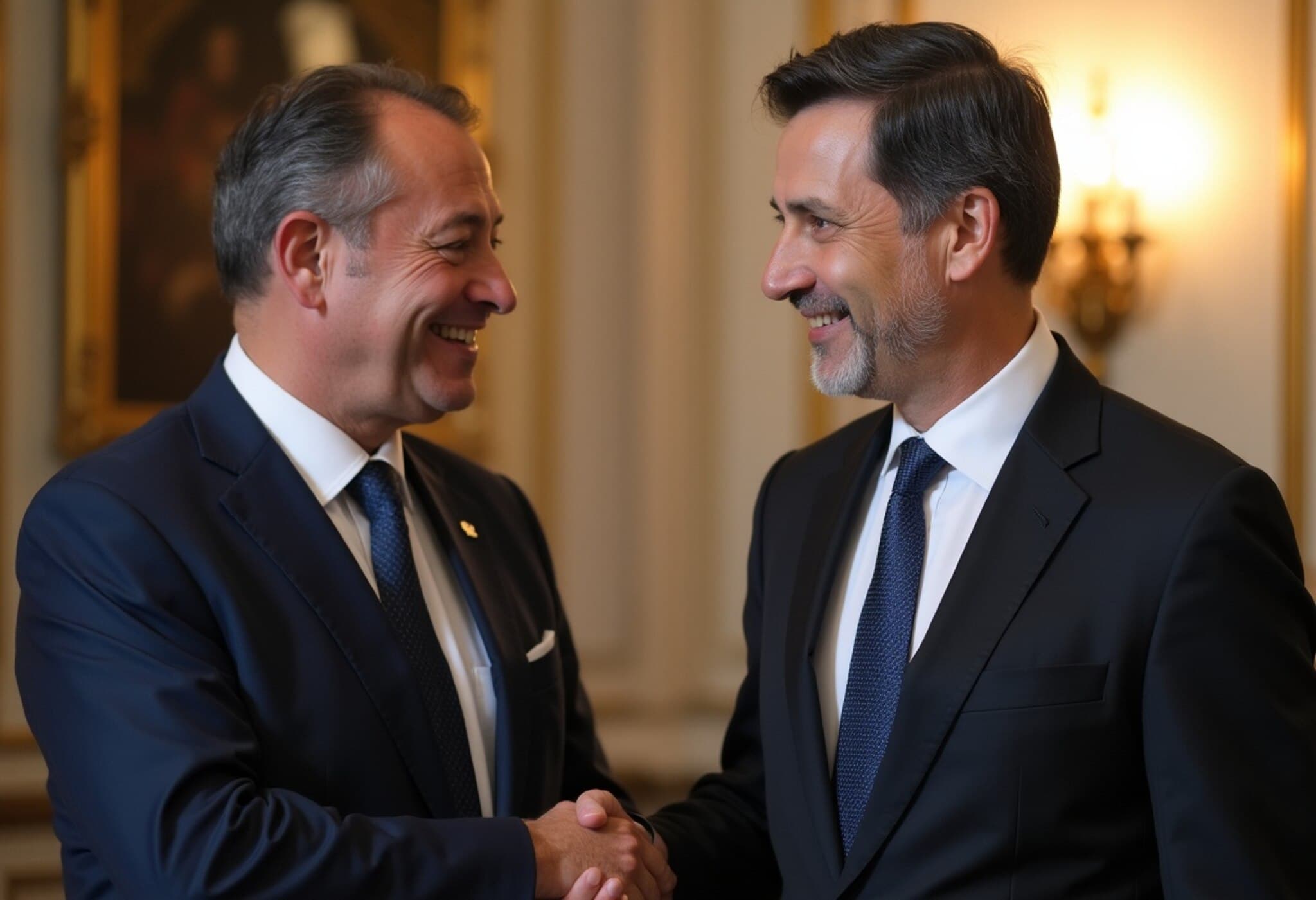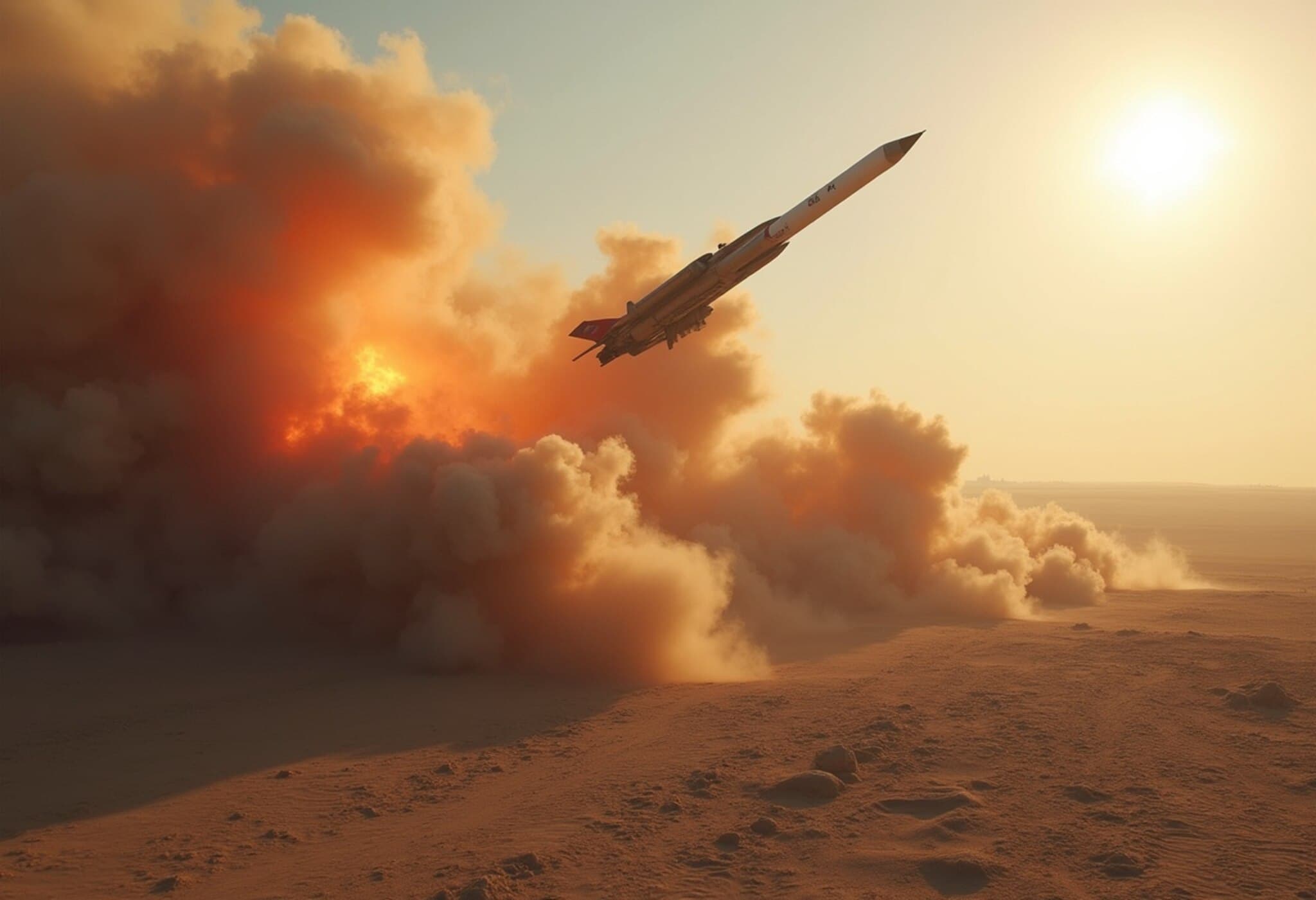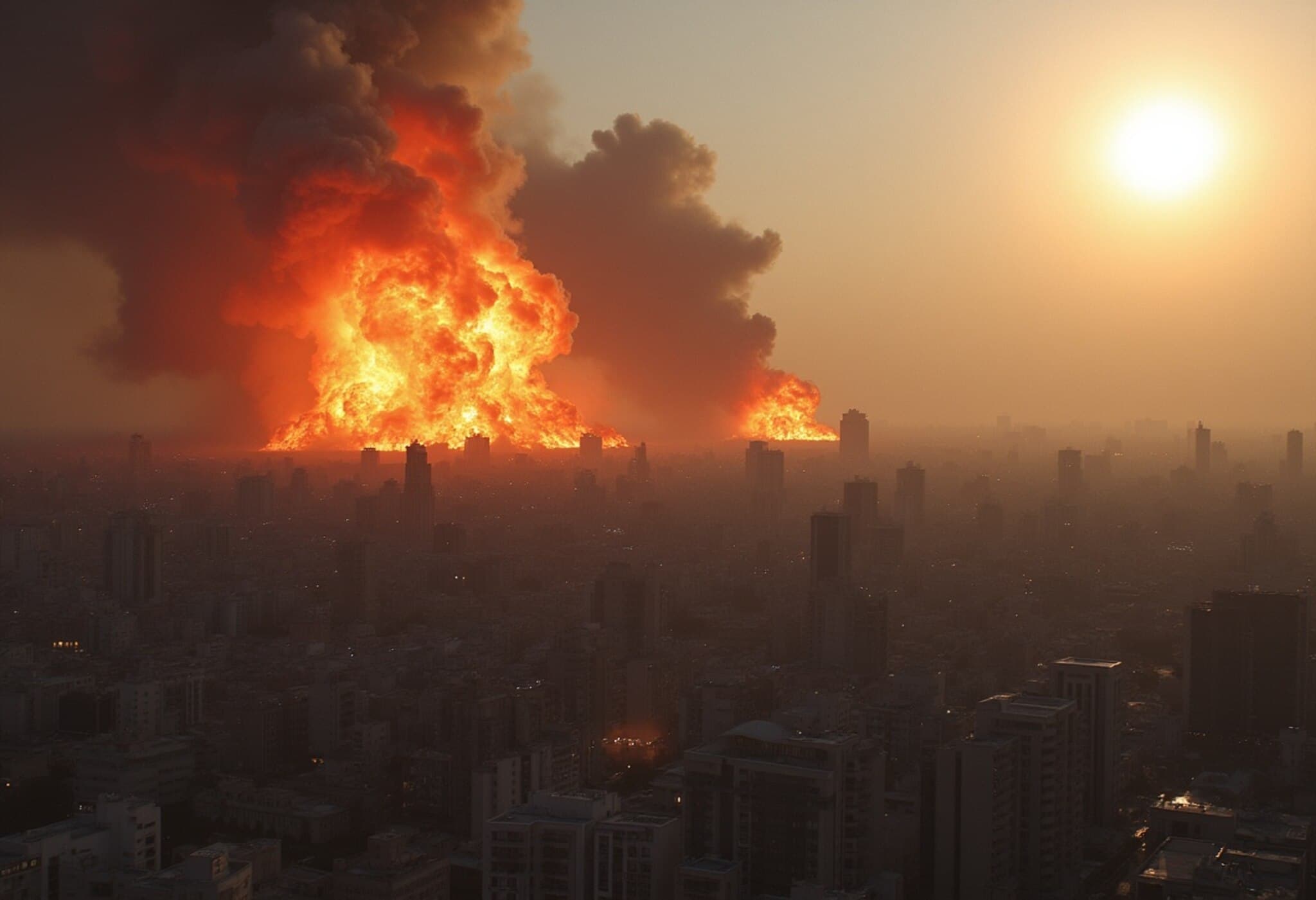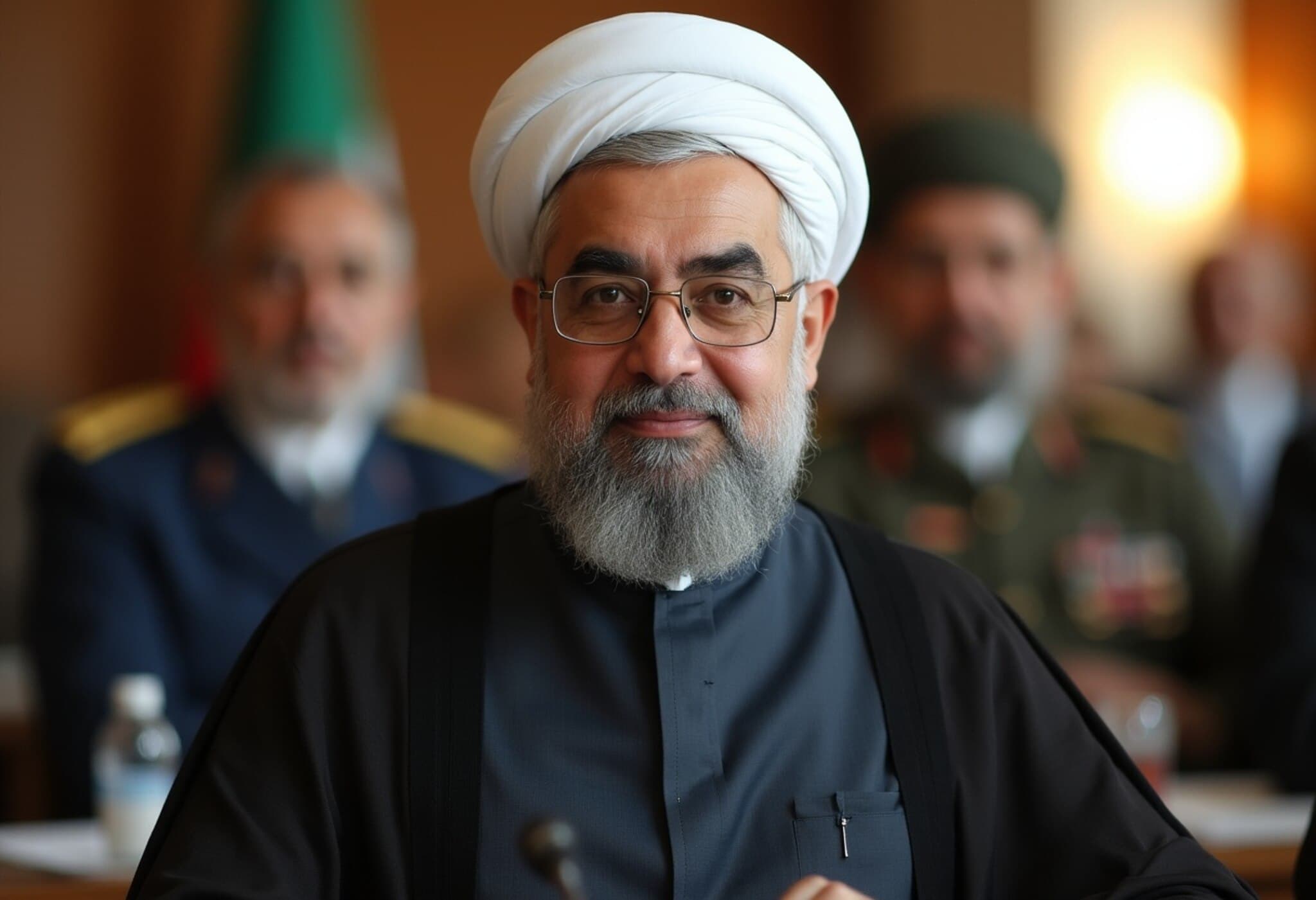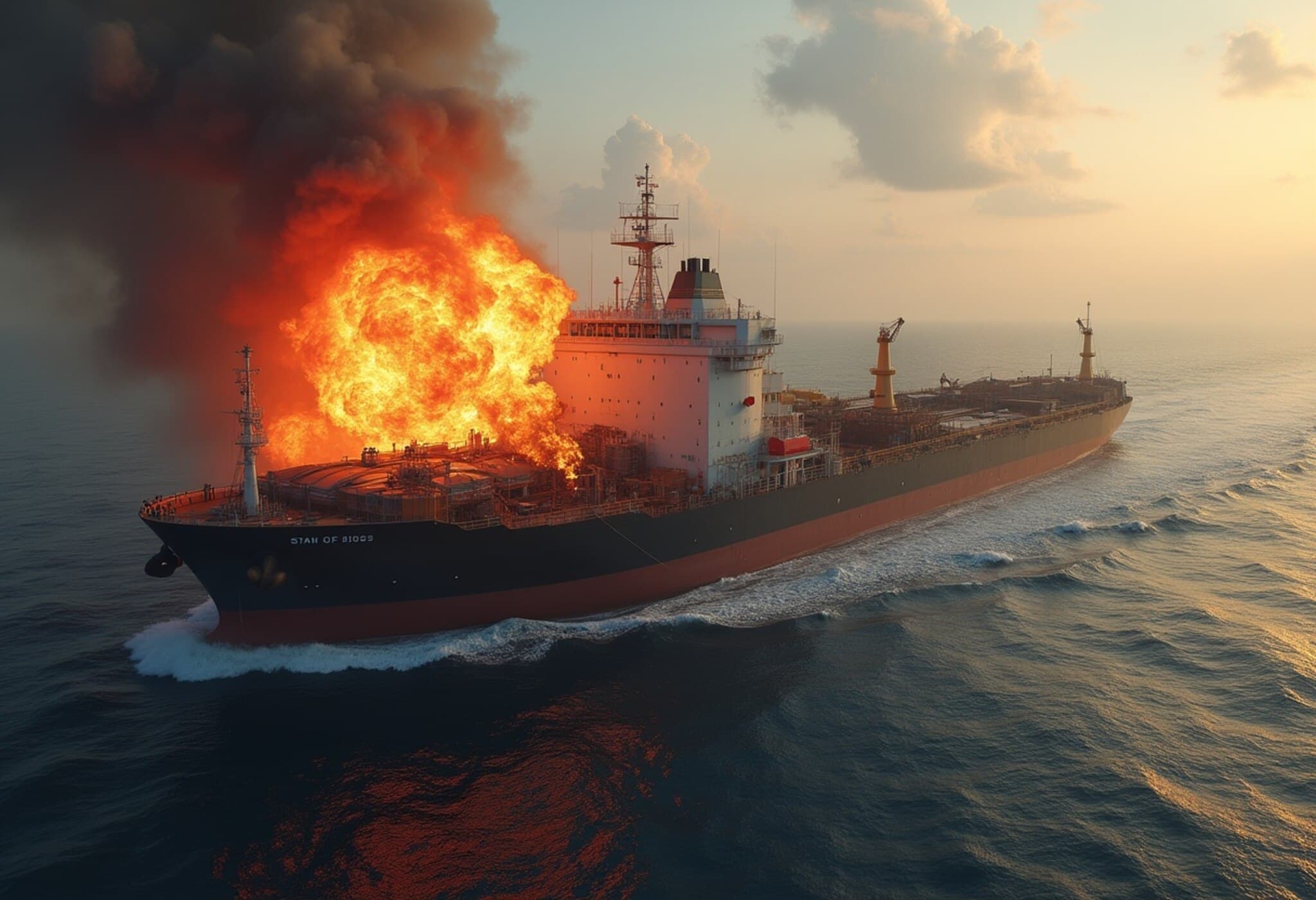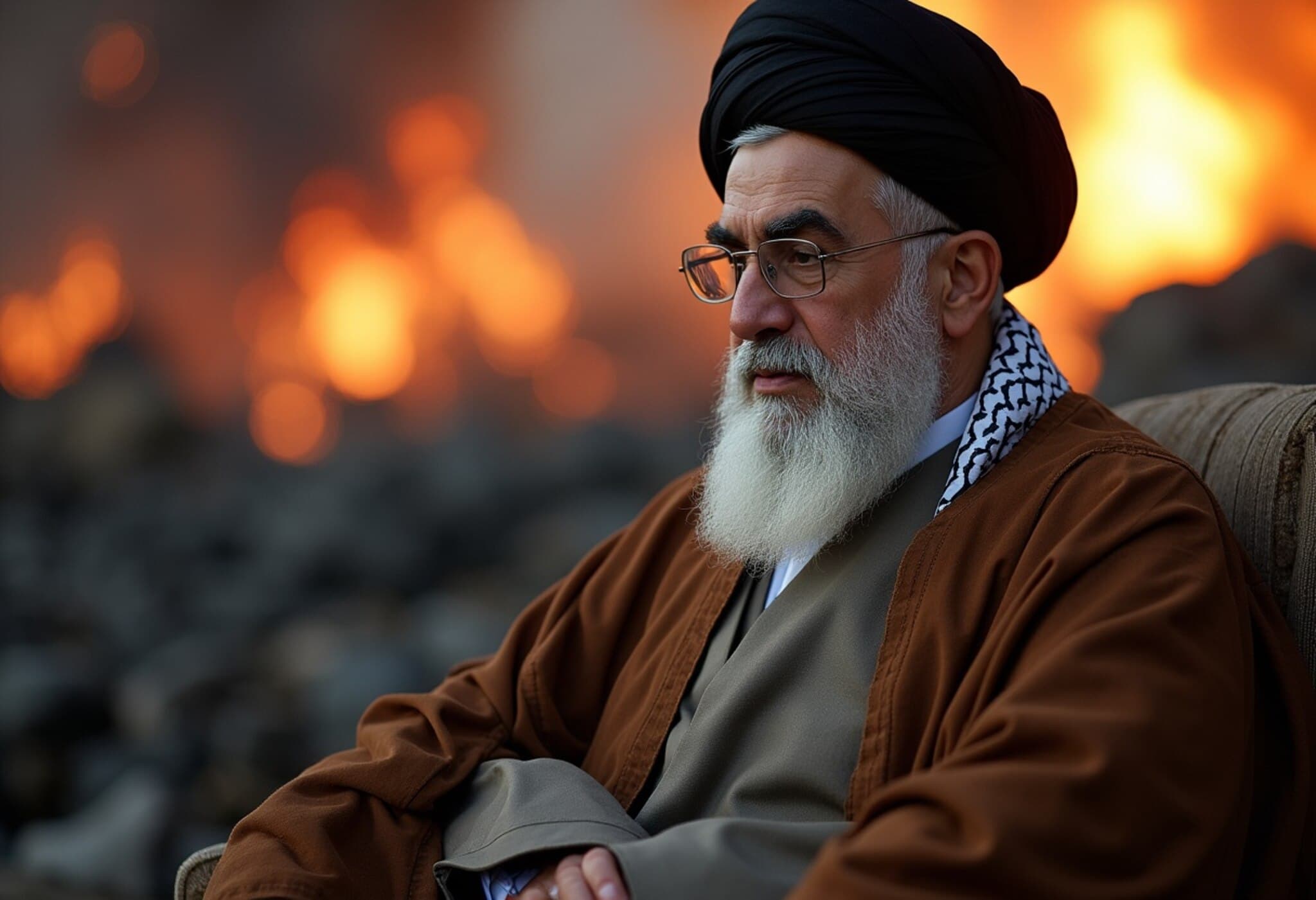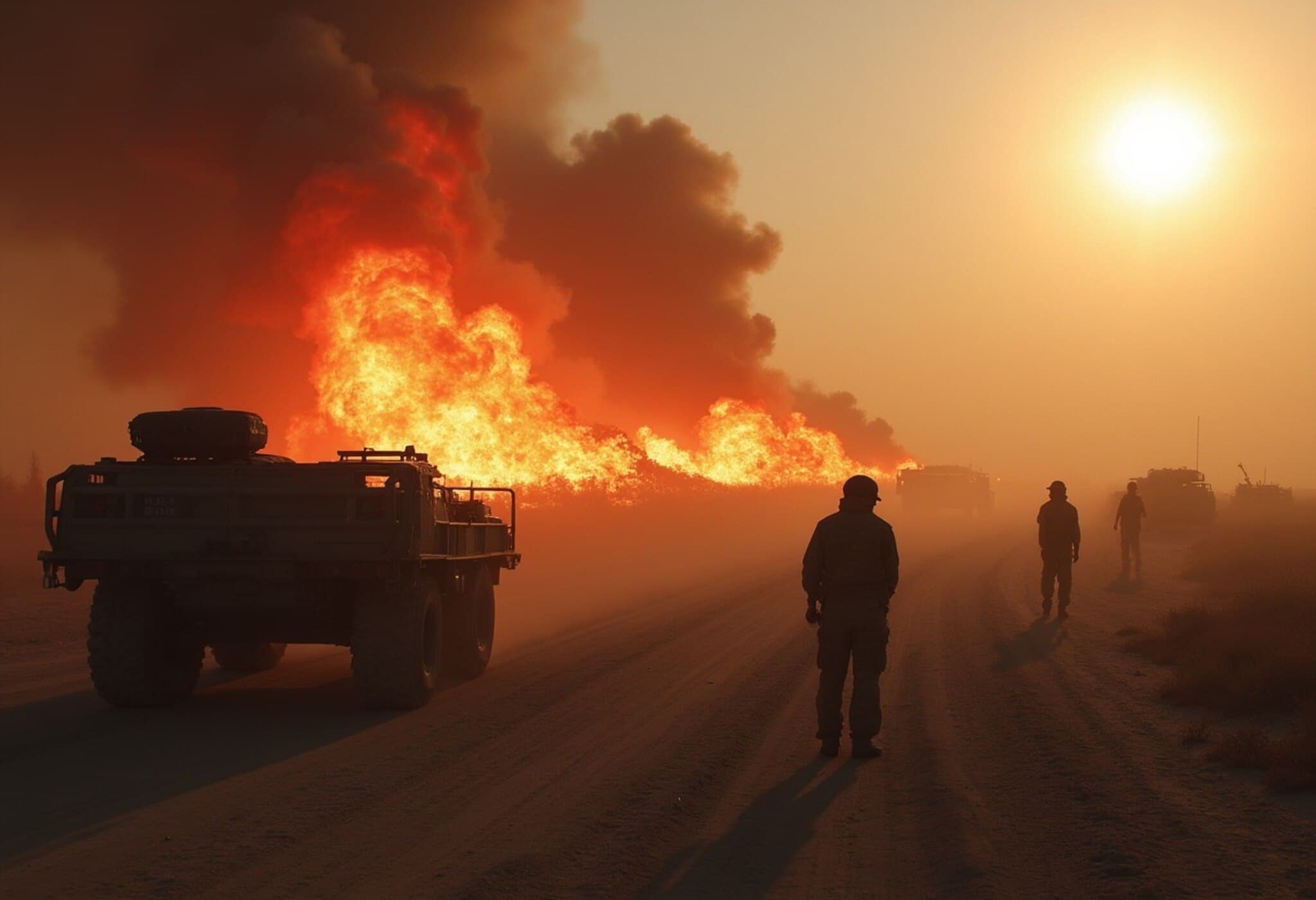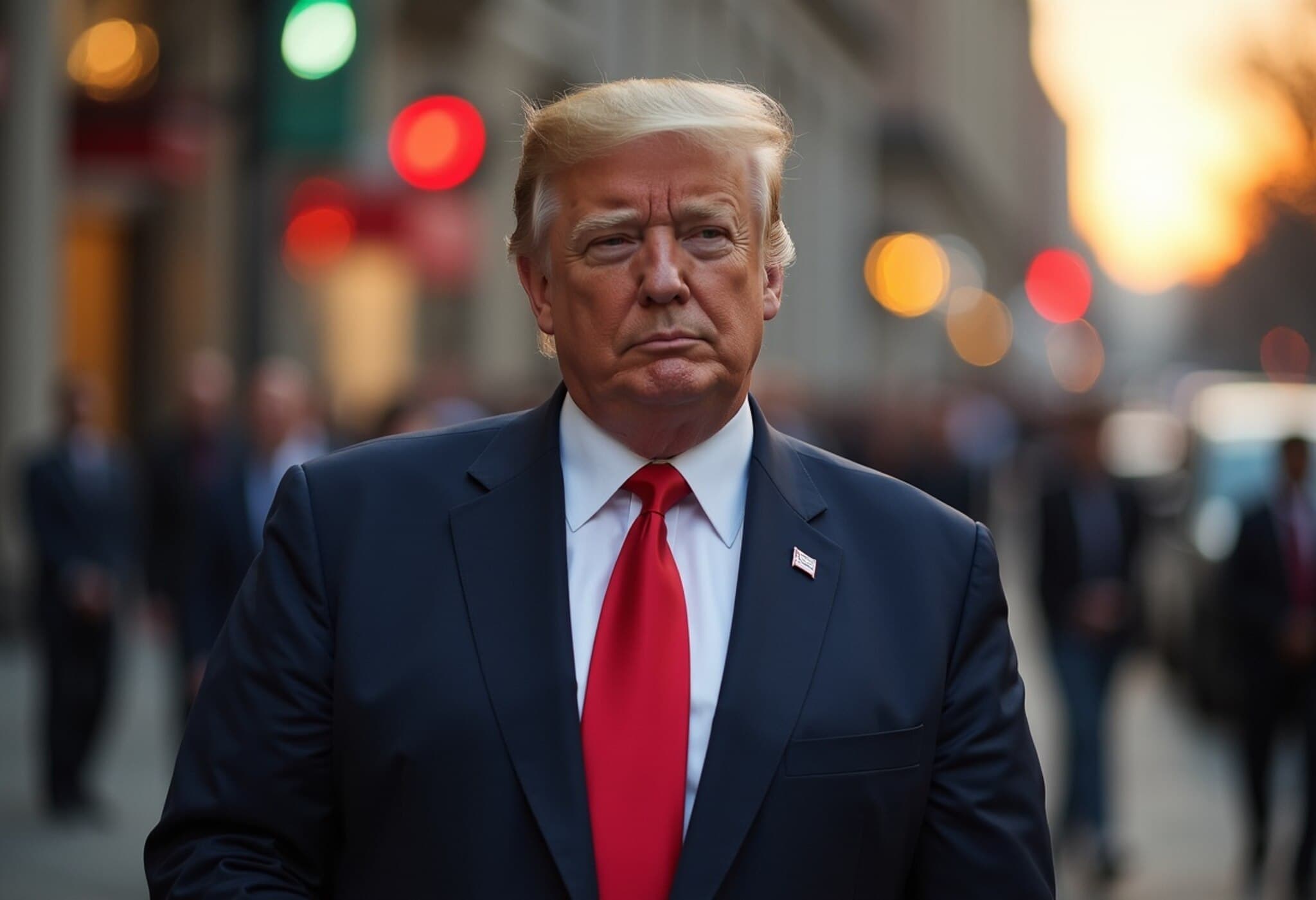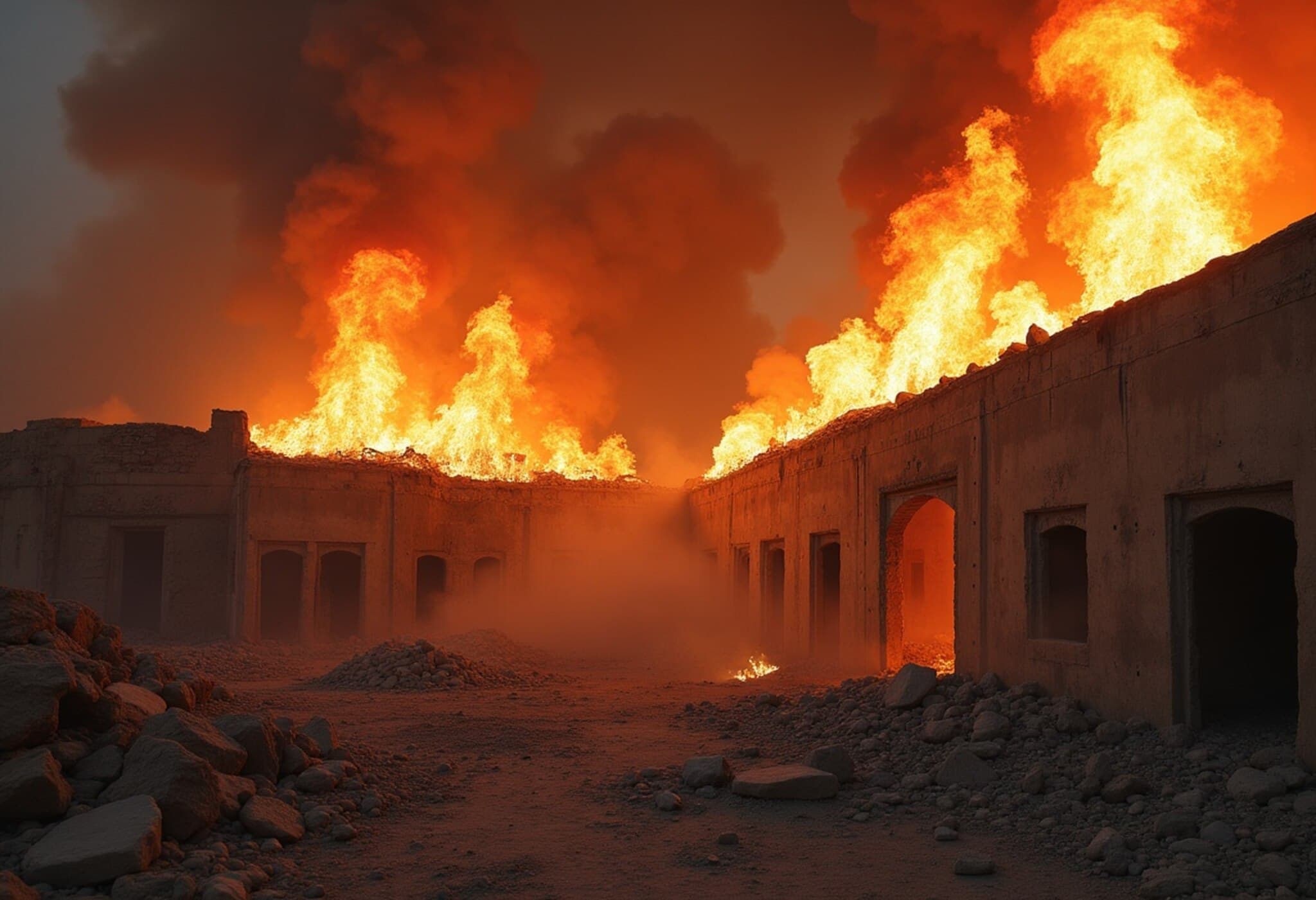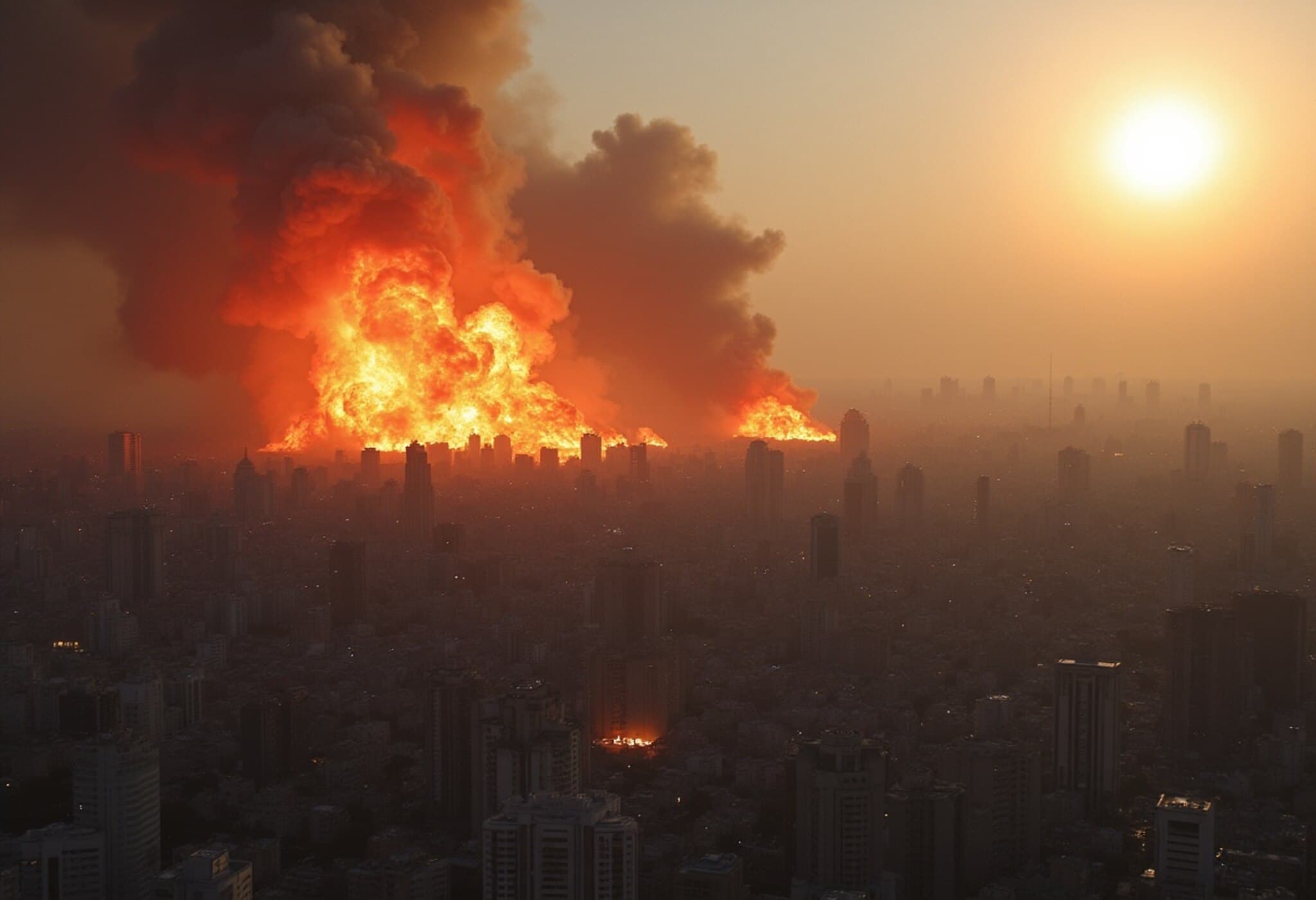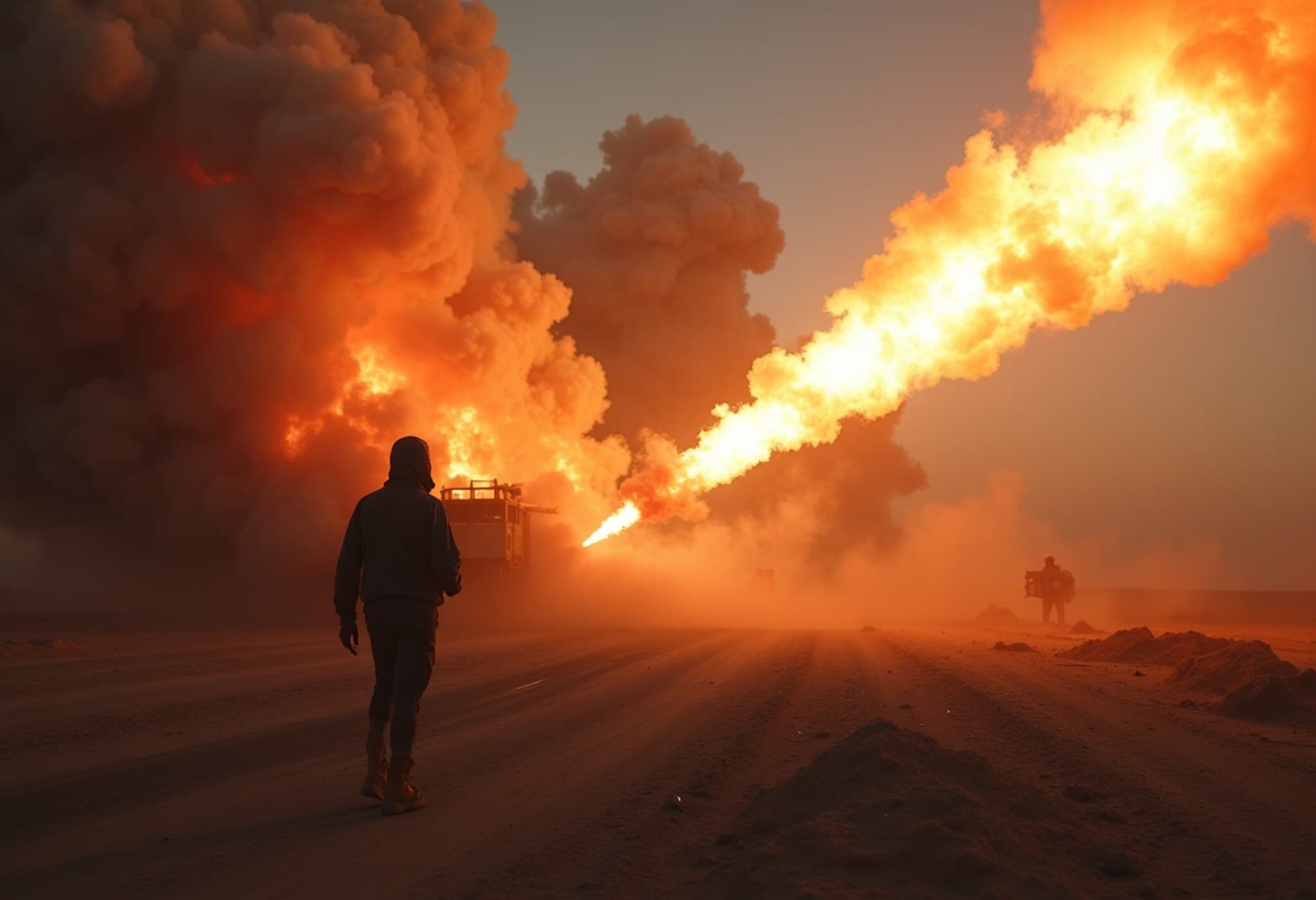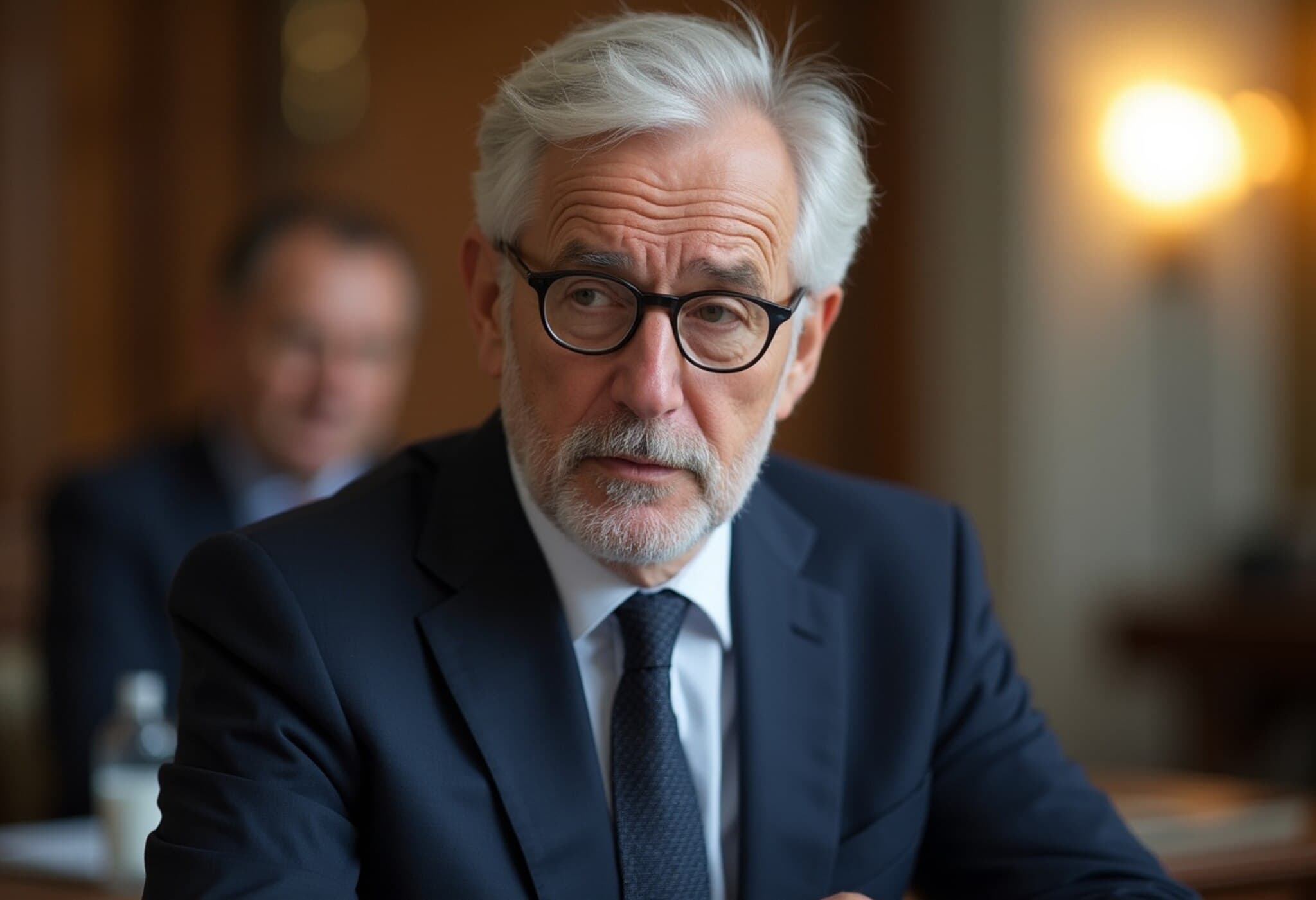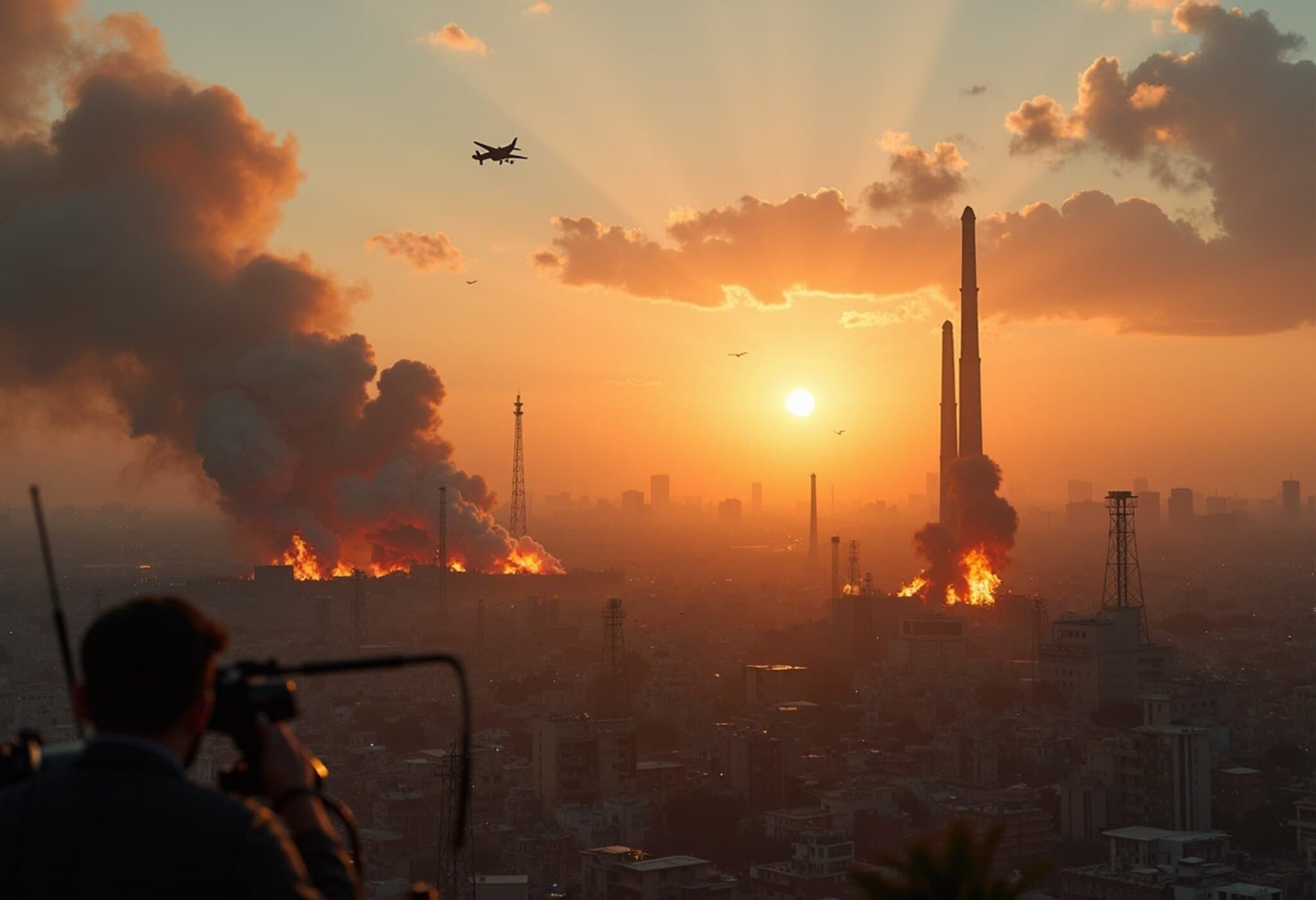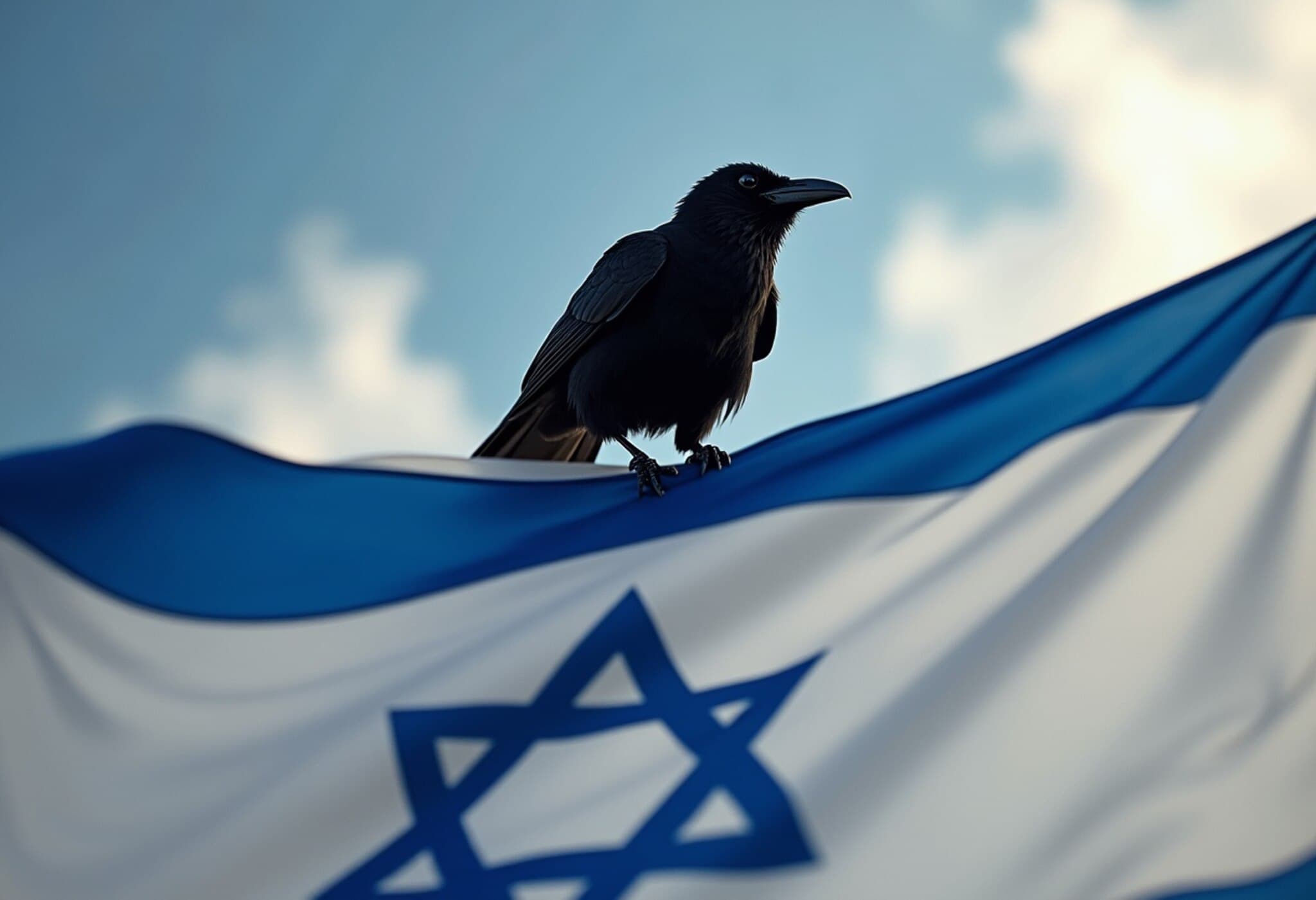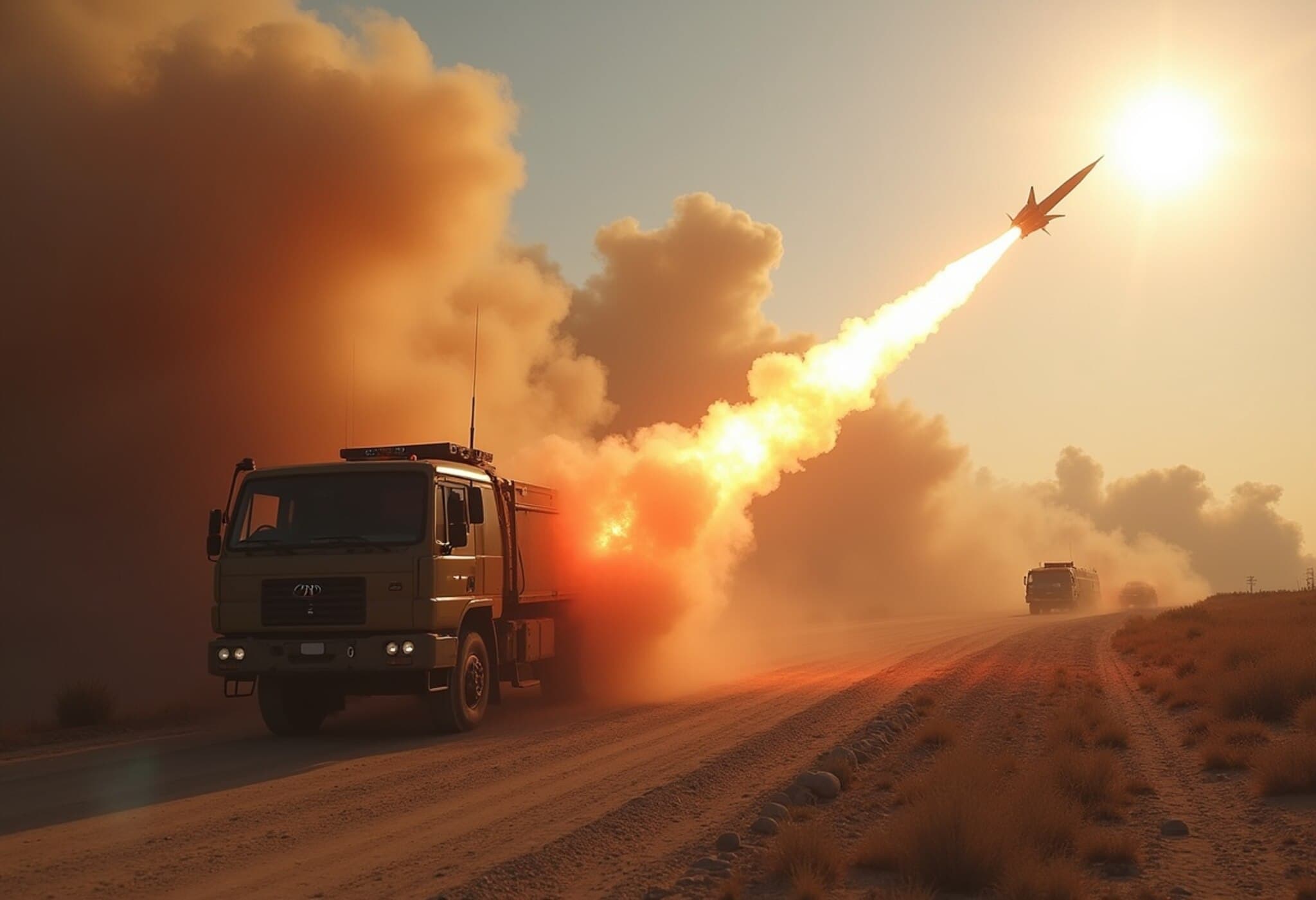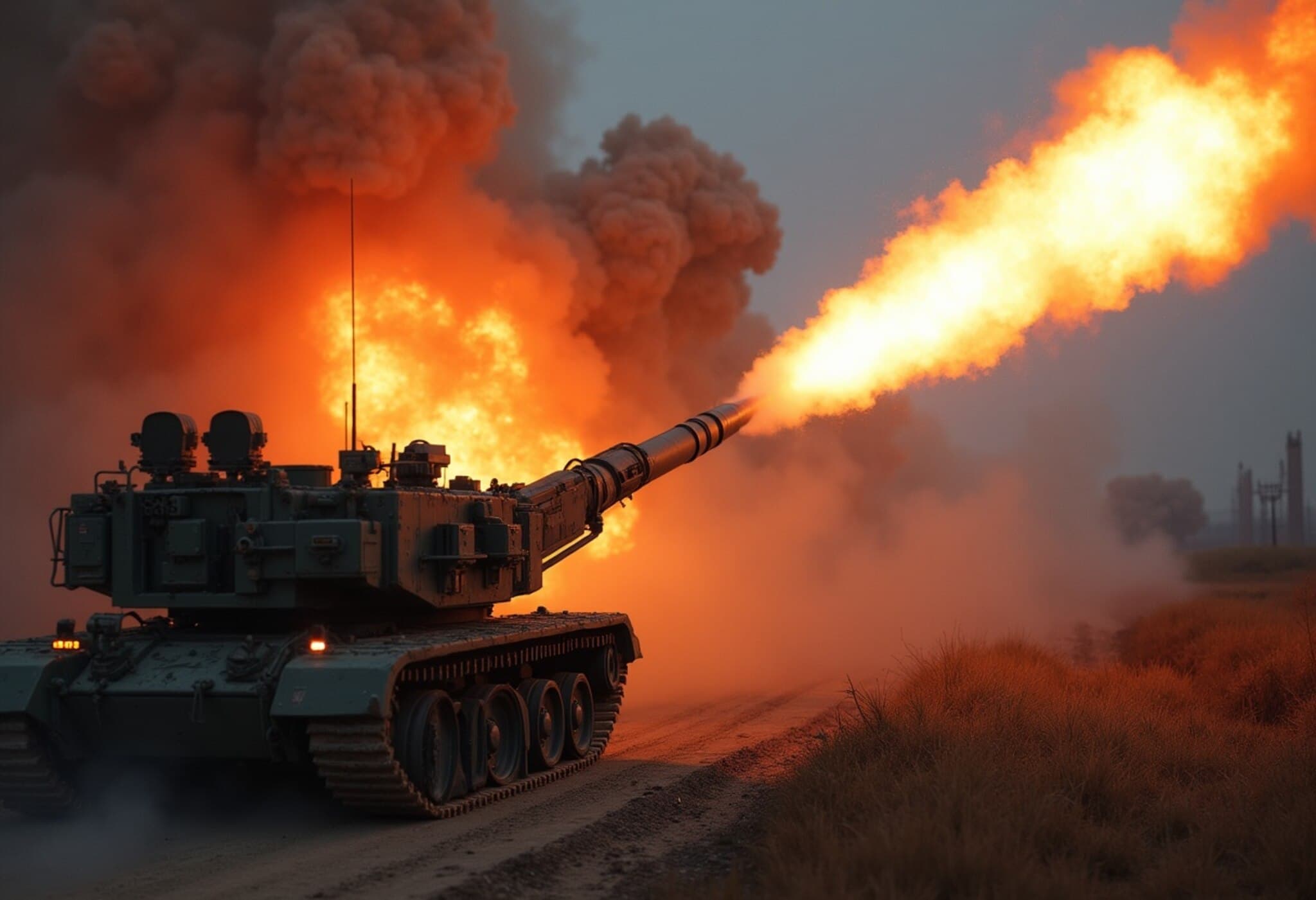US and UK Unite Over Iran Nuclear Concerns Amid Heightened Middle East Tensions
As the conflict between Israel and Iran stretched into its eighth day, high-level diplomatic efforts intensified to prevent further escalation. On Thursday, US Secretary of State Marco Rubio met with UK Foreign Minister David Lammy in Washington to address the unfolding crisis and chart a path forward.
Both diplomats reaffirmed a firm shared stance that Iran must never develop or obtain nuclear weapons. Their discussions set the stage for vital talks scheduled for Friday in Geneva, where Lammy will join the European Union's top diplomat alongside foreign ministers from France and Germany, aiming to directly engage Iran's foreign minister in hopes of de-escalating tensions.
A Critical Two-Week Window for Diplomacy
Before heading to Geneva, Lammy highlighted the urgency of the moment: "A window now exists within the next two weeks to achieve a diplomatic solution." He stressed that this period is crucial to halt the ongoing violence and avert a broader regional conflict that would be detrimental to all parties.
Further underscoring coordinated efforts, Lammy also conferred with the US Middle East envoy, Steve Witkoff, in Washington, reinforcing the allies’ commitment to diplomacy.
US Decision on Military Involvement Pending
The White House announced that the US President is set to participate in a national security meeting Friday morning to decide whether America will take a direct role in the Israel-Iran conflict. The President has maintained ambiguity, stating earlier in the week, "I may do it. I may not do it. Nobody knows what I'm going to do." He indicated a preference to delay final decisions until the last possible moment.
Meanwhile, the Israeli Prime Minister expressed trust in the President's judgment, acknowledging ongoing US support and expressing confidence in decisions made for America's best interests.
Rising Civilian Casualties Paint Grim Picture
The current crisis ignited after Israel launched surprise airstrikes on June 13 targeting Iranian nuclear and military sites. Iran responded with missile and drone attacks across Israeli cities, leading to mounting casualties on both sides.
- In Iran, an independent human rights group reports at least 639 people killed, including 263 civilians, with over 1,300 wounded.
- Israeli sources confirm at least 24 civilian deaths and hundreds more injured from Iranian retaliatory strikes.
The human toll underscores the urgent need for diplomatic breakthroughs before a wider regional conflict unfolds.
This report reflects evolving diplomatic efforts as global powers seek to curb nuclear proliferation and stabilize the volatile Middle East situation.

